Nobel Memorial Prize in Economics Related to Game Theory
Published:
Nobel Memorial Prize in Economics Related to Game Theory
https://www.nobelprize.org/prizes/economic-sciences/
1994
Winner: John F. Nash Jr. , John C. Harsanyi and Reinhard Selten
Prize motivation: “for their pioneering analysis of equilibria in the theory of non-cooperative games.”
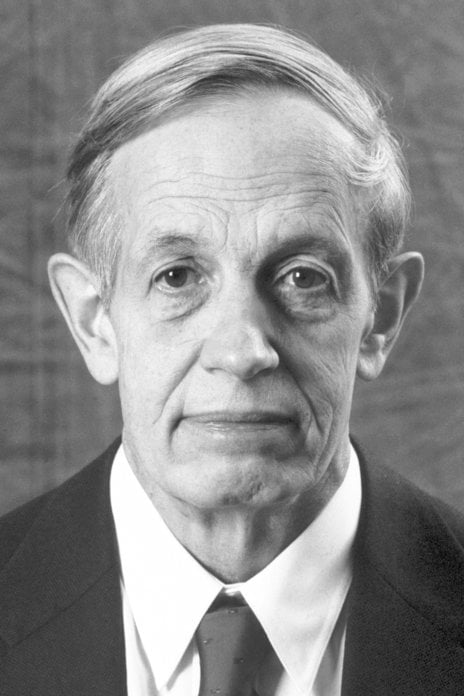
Contribution: Introduced the distinction between cooperative games, in which binding agreements can be made, and non-cooperative games, where binding agreements are not feasible. Developed an equilibrium concept for non-cooperative games that now is called Nash equilibrium.

Contribution: Showed how games of incomplete information can be analyzed, thereby providing a theoretical foundation for a lively field of research - the economics of information - which focuses on strategic situations where different agents do not know each others’ objectives.
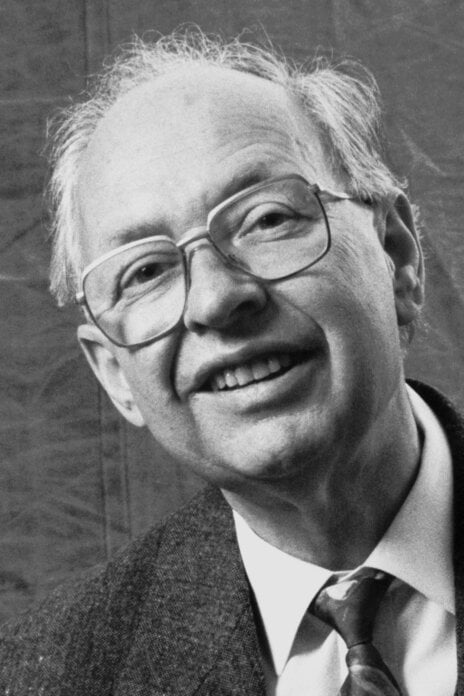
Contribution: Refined the Nash equilibrium concept for analyzing dynamic strategic interaction by getting rid of unlikely equilibria. He also applied the refined concept to analyses of oligopolistic competition.
2005
Robert J. Aumann and Thomas C. Schelling
Prize motivation: “for having enhanced our understanding of conflict and cooperation through game-theory analysis.”
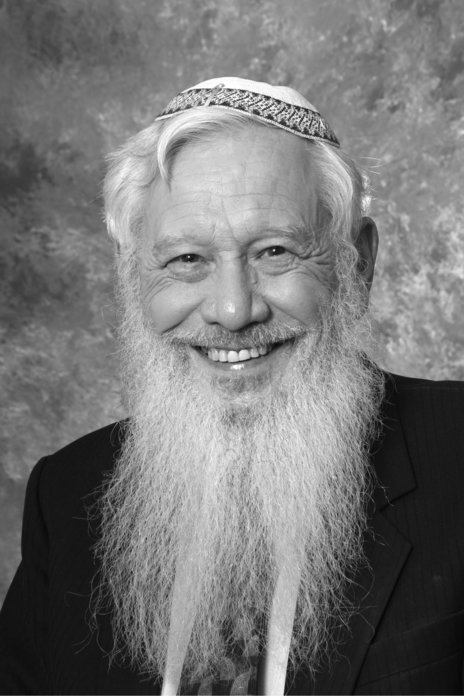
Contribution: The first to conduct a full-fledged formal analysis of so-called infinitely repeated games. His research identified exactly what outcomes can be upheld over time in long-run relations (the Folk Theorem).
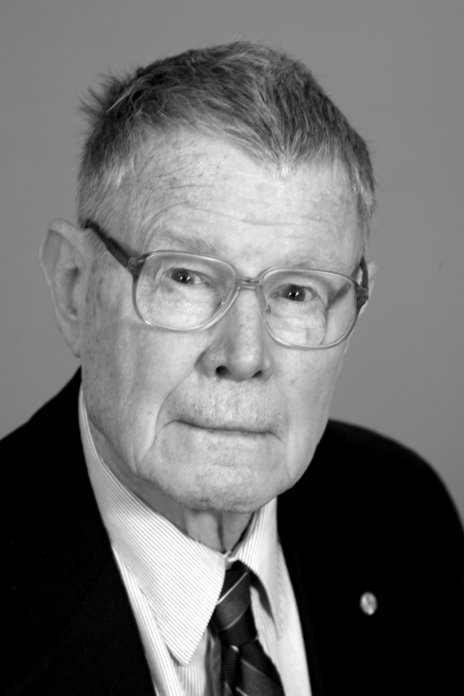
Contribution: A creative application of game theory to important social, political and economic problems. Showed that a party can strengthen its position by overtly worsening its own options, that the capability to retaliate can be more useful than the ability to resist an attack, and that uncertain retaliation is more credible and more efficient than certain retaliation. These insights have proven to be of great relevance for conflict resolution and efforts to avoid war.
2012
Lloyd S. Shapley and Alvin E. Roth
Prize motivation: “for the theory of stable allocations and the practice of market design.”

Contribution: How to bring different players together in the best possible way is a key economic problem. From the 1960s onward, Lloyd Shapley used what is known as Cooperative Game Theory to study different matching methods. Within the framework of this theory, it is especially important that a stable match is found. A stable match entails that there are no two agents who would prefer one another over their current counterparts. In collaboration with other researchers, Lloyd Shapley has succeeded in identifying methods that achieve this stability.
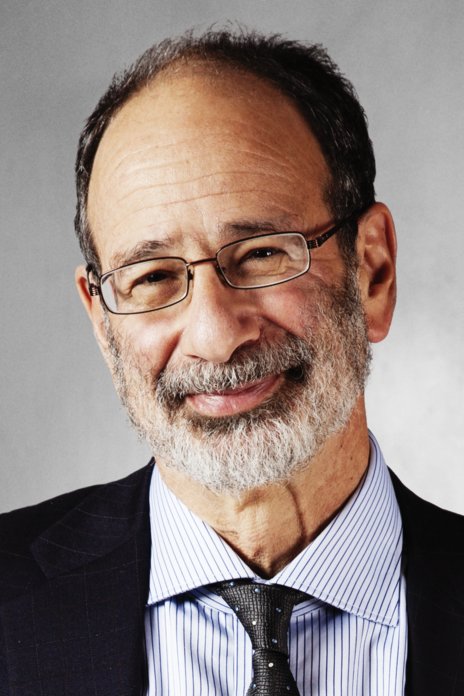
Contribution: How to bring different players together in the best possible way is a key economic problem. Lloyd Shapley studied different matching methods theoretically and, beginning in the 1980s, Alvin Roth used Lloyd Shapley’s theoretical results to explain how markets function in practice. Through empirical studies and lab experiments, Alvin Roth demonstrated that stability was critical to successful matching methods. Roth has also developed systems for matching doctors with hospitals, school children with schools, and organ donors with patients.
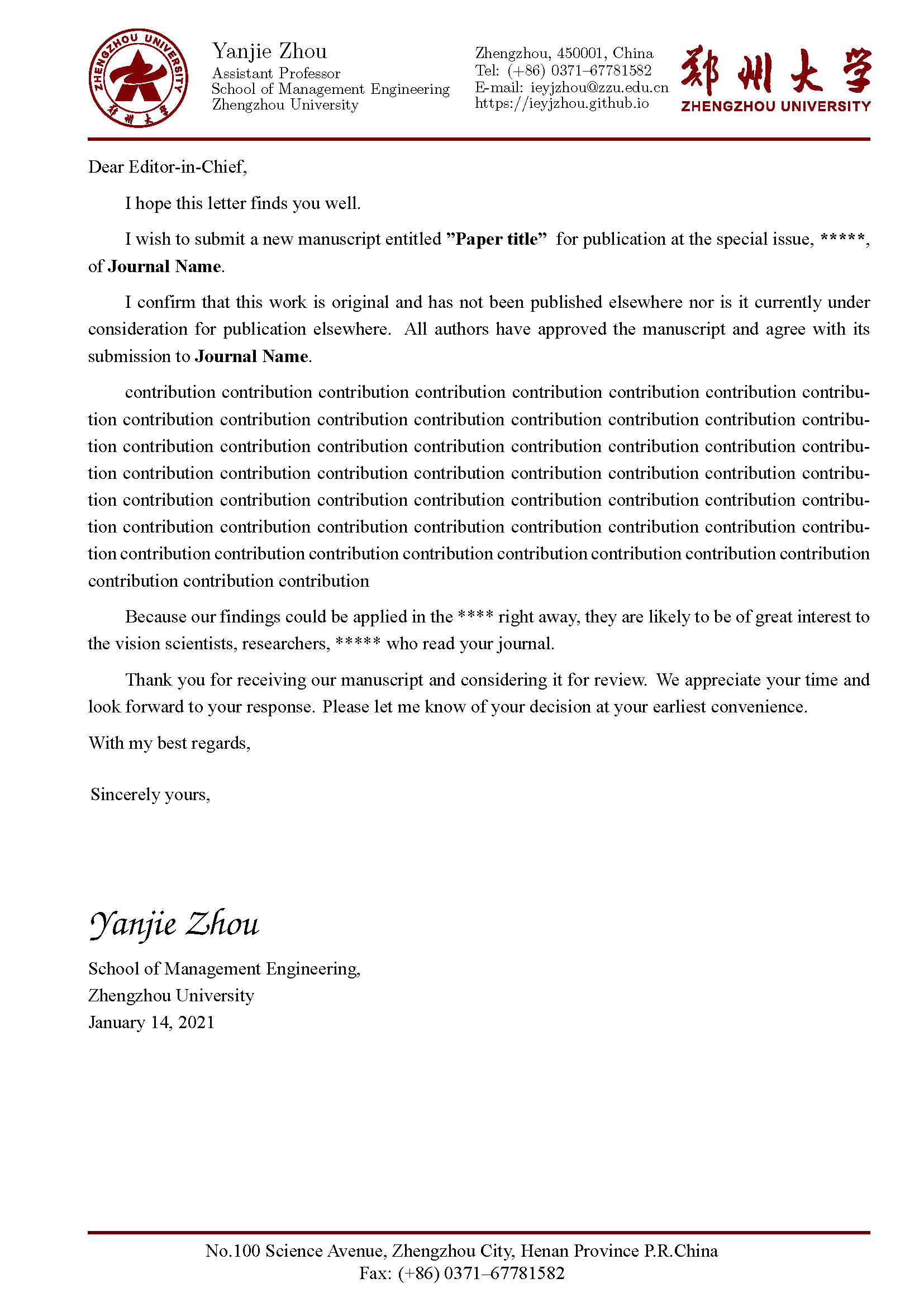
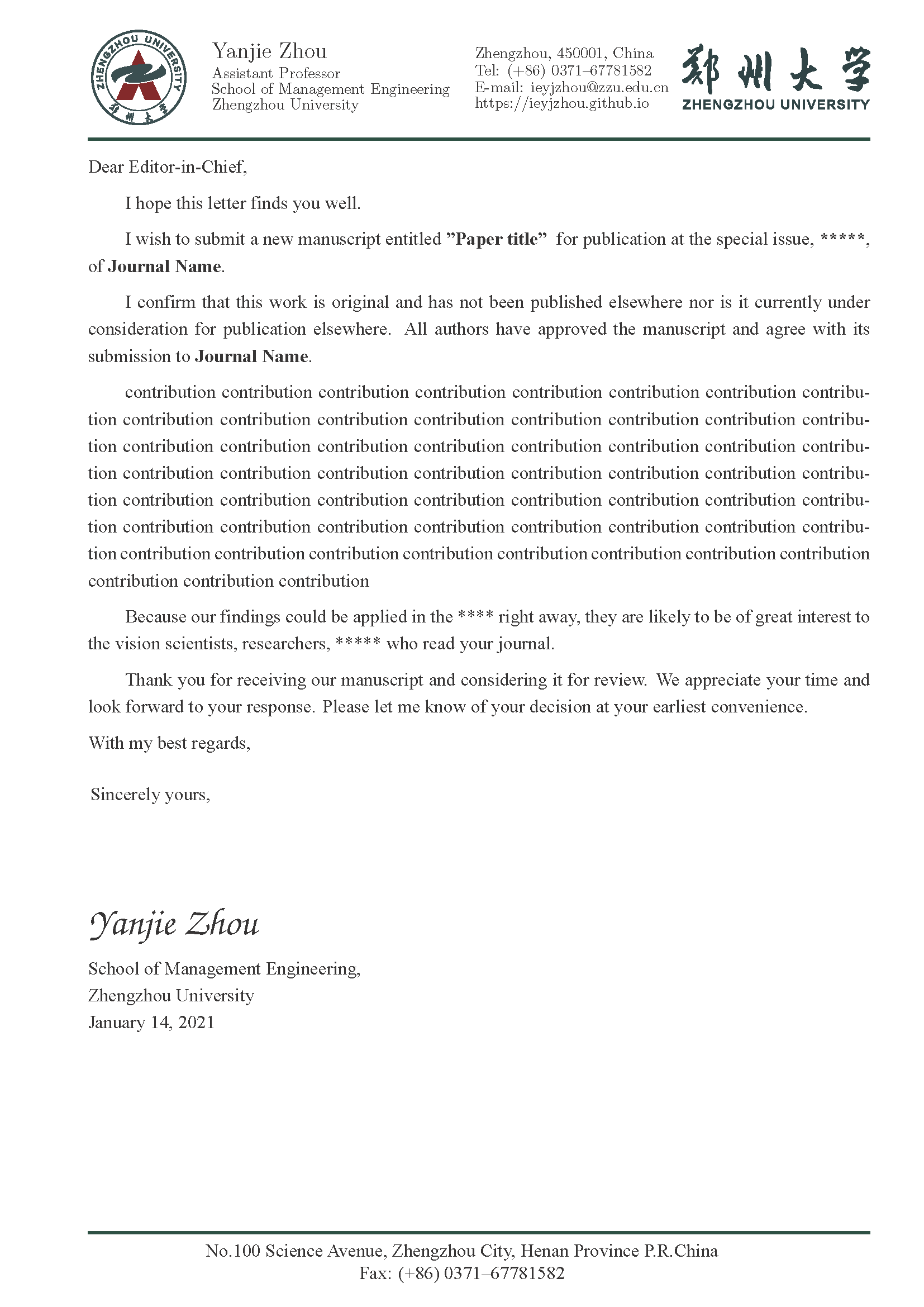
Leave a Comment